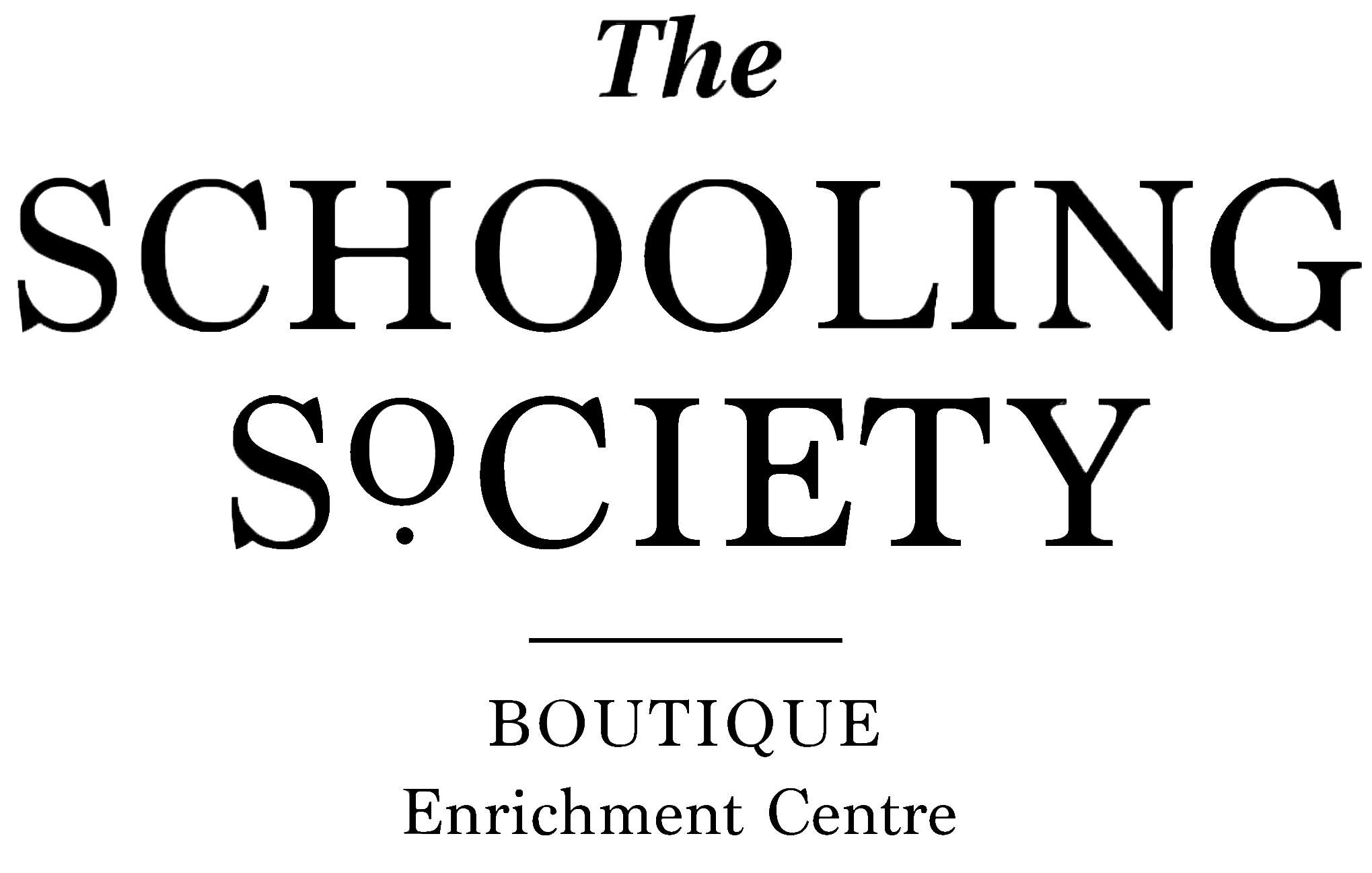Today, MOE announced that from 2019 onwards, P1 and P2 students will no longer have any form of weighted assessment and exams. Meanwhile, P3 and P5 students will not be having SA1 exams after 2020.
Education
A national best seller, ‘Talent is overrated’ is written by the Geoff Colvin. He seeks to demystify some popular beliefs about an intriguing topic – talent. Is talent inborn? Can we cultivate people with talent? What separates world class performers from everybody else?
Geoff Colvin believes that talent is not merely about having the innate and natural ability to do things better than others. Tracing back to studies done in England in 1992, where 257 children with musical abilities were analysed in detail, he concludes that the only factor that mattered was practice. Children who practiced the most were the ones who were the most accomplished.
As parents and educators, we spend many hours thinking about what motivates us and consequently, our children and students. Many parents use material gifts to motivate their children to do well for their exams. Are we setting ourselves and our children up by teaching them to expect rewards? Do these incentives truly motivate children?
The Background
‘Drive’ is a book that tells us otherwise. Daniel Pink writes about studies conducted by psychologists decades ago. The first was done by a man named Harlow in 1949. The second man was Deci who carried out his experiments in 1969. These men’s studies revealed that adults and children alike were not motivated by short term rewards. In fact, they discovered that such material benefits made people less motivated in the long term.
As the world surges forward, educators around the world struggle to match their own skills with the increasing pace at which children are embracing technology. Parents and schools realise that this new generation of children will have to be smarter, sharper and quicker than generations before them. As social media and web communities continue to connect people in an unprecedented manner, highly intelligent people become even more highly sought after.
Hunched over books, some with pens for jotting down notes while others are busily highlighting passages. Every day, millions of students go through the ritual of studying for tests and exams. Assuming that all else is equal, what is it that distinguishes those who do well from those who don’t do as well?
We will discuss about some of the most popular learning strategies and explain how tweaking them can make a difference.
Creativity. All over the world, from the boardrooms of multinational corporations to Ivy League colleges, creative intelligence is seen to be the key driver of innovation and growth. What does it really mean to be creative? Does a creative mind contribute more than a cognitive mind? What are the differences between these two kinds of intelligence?
While interior design has traditionally played a key role in settings such as hotels, homes as well as food and beverage outlets, educational centres and indeed schools have generally been more conservative. Whilst owners of kindergartens and preschools may favour bright primary colour palettes, interior designers themselves may prefer more adult like designs and materials.
At The Schooling Society, the challenge was to merge an interior design that pleases us yet, at the same time, have a fun and quirky appeal that appeals to both parents and students.
